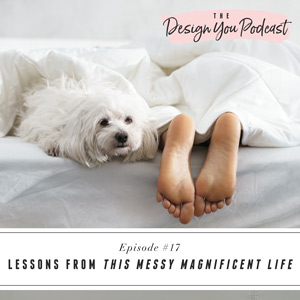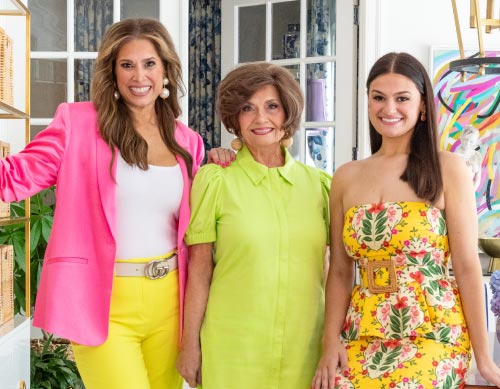
I have a really amazing life. I do. But I also have stress, overwhelm, anxiety, and a little bit of worry thrown in there, too. Life is messy sometimes, right? Thankfully, I have a full arsenal of life coaching tools (the same ones I’m sharing with you all on the podcast) that help me to quickly identify and work through those messy moments before I can fall back into my old ways. That’s why practicing, and not just knowing, these tools is so darn important!
Another tool that I’ve recently found is a fabulous book from Geneen Roth called This Messy Magnificent Life. And today, I want to talk about some of the top lessons I learned from Geneen’s book that I’ve been applying to my own messy, magnificent life.
Join me as I share my 12 favorite takeaways from This Messy Magnificent Life and why I believe they are so important for all of us. When you’re trying to achieve those huge personal results in life or business, I don’t want you falling prey to numbing, okay? So as you listen to me go through the lessons, I want you to be really honest with yourself and ask how you can show up better for yourself today.
You can still join me and my clients in this massive action work if you’re interested – click here or email us at info@tobifairley.com if you want to know about the Design You program.












